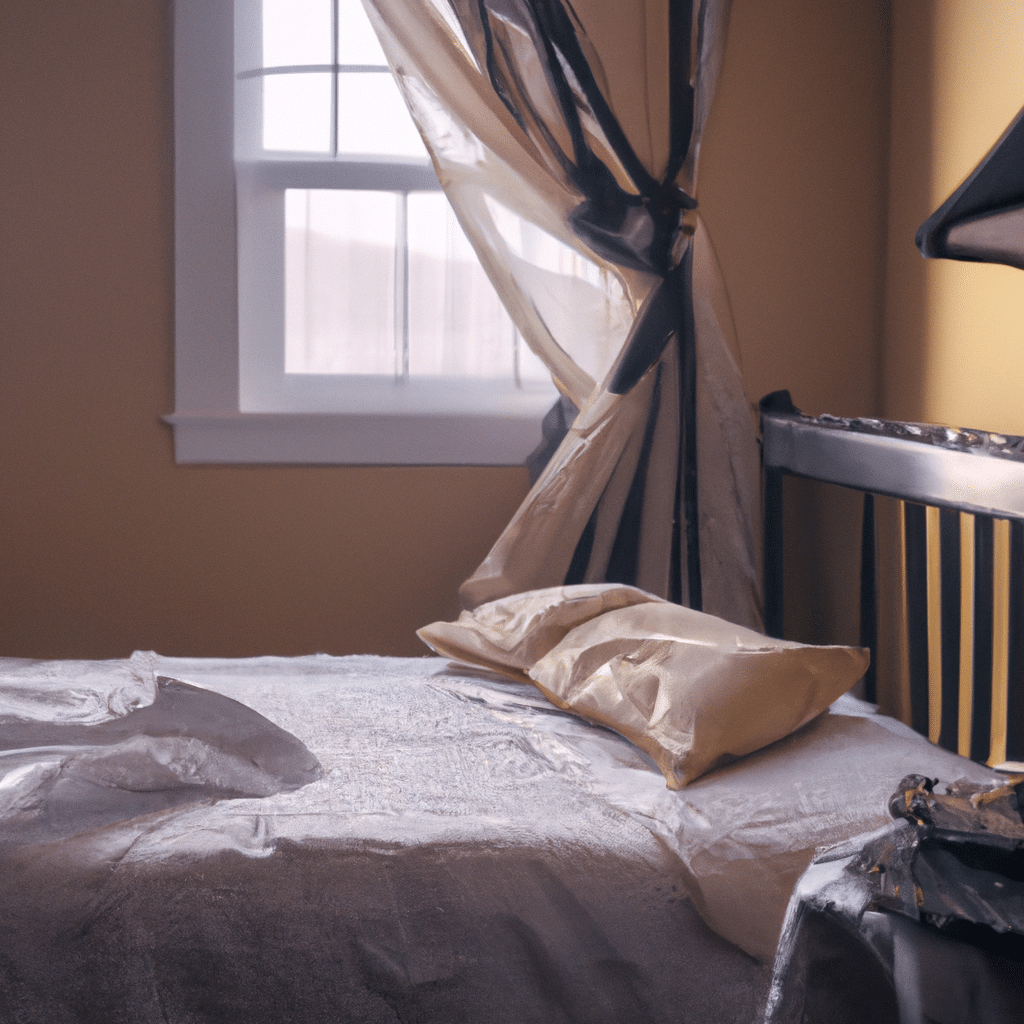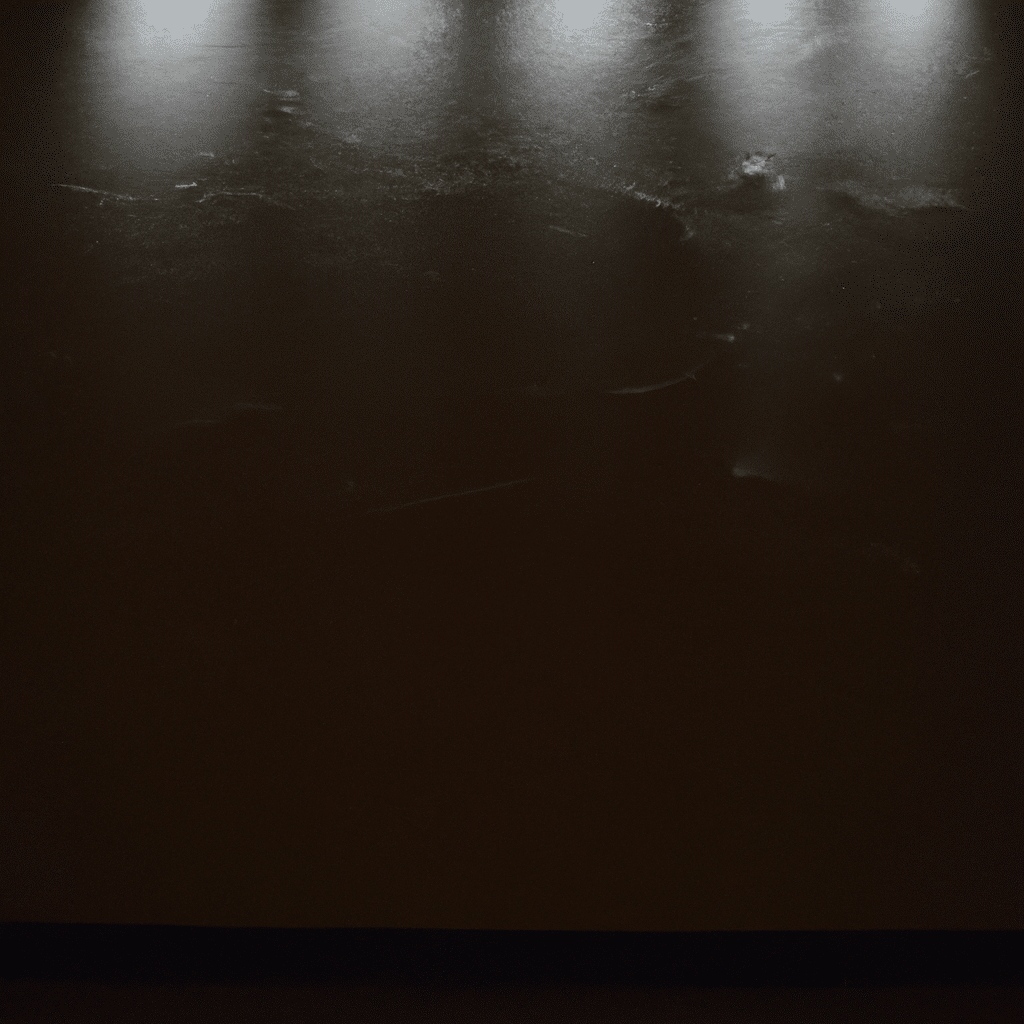
In today’s fast-paced world, sleep quality has become a major concern for many individuals. With the increasing prevalence of sleep disorders and the impact they have on our overall well-being, it’s crucial to understand the factors that can influence the quality of our sleep. One such factor that often goes unnoticed is lighting. In this article, we will explore the hidden link between lighting and sleep quality, shedding light on the impact it has on our circadian rhythm and providing practical tips to optimize our sleep environment.
The Circadian Rhythm and Its Importance
Our bodies are naturally programmed to follow a 24-hour internal clock known as the circadian rhythm. This internal clock regulates various physiological processes, including sleep-wake cycles, hormone production, and metabolism. Light plays a crucial role in synchronizing this rhythm, particularly the sleep-wake cycle.
The Role of Natural Light
Natural light, especially sunlight, is a powerful regulator of our circadian rhythm. Exposure to natural light during the day helps to reset our internal clock, promoting wakefulness and alertness. It also boosts serotonin production, a hormone that improves our mood and enhances cognitive function. Conversely, the absence of natural light, such as during the winter months or in windowless environments, can disrupt our circadian rhythm, leading to sleep disturbances and mood disorders.
The Impact of Artificial Lighting
In today’s modern world, artificial lighting is an integral part of our lives. However, the type and intensity of artificial lighting can have a significant impact on our sleep quality. The blue light emitted by electronic devices, such as smartphones, tablets, and laptops, can suppress the production of melatonin, a hormone that regulates sleep. Excessive exposure to blue light in the evening can delay the onset of sleep and disrupt the overall quality of our sleep.
Choosing the Right Lighting for Better Sleep
To optimize sleep quality, it is essential to choose the right lighting for our sleep environment. Here are some practical tips to consider:
1. Use Warm, Dim Lighting in the Evening
In the evening, it is advisable to switch to warm, dim lighting to signal to our body that it is time to wind down and prepare for sleep. This can be achieved by using incandescent bulbs or installing dimmer switches to control the intensity of the light.
2. Minimize Exposure to Blue Light
To reduce the impact of blue light on our sleep, it is important to limit our exposure to electronic devices in the evening. Consider using blue light filters or installing apps that adjust the color temperature of our screens to warmer tones. Additionally, using blue light-blocking glasses can be helpful for those who need to use electronic devices before bedtime.
3. Embrace Natural Light During the Day
Maximizing our exposure to natural light during the day can help regulate our circadian rhythm and improve sleep quality. Consider spending time outdoors, opening curtains or blinds to let sunlight in, and arranging workspaces near windows to maximize natural light exposure.
4. Opt for Soft Lighting in the Bedroom
Creating a sleep-friendly environment in the bedroom is crucial for quality sleep. Opt for soft, warm lighting in the bedroom, such as bedside lamps or wall sconces. Avoid using bright overhead lights, as they can be stimulating and disrupt the production of melatonin.
5. Invest in Smart Lighting Solutions
Smart lighting solutions, such as those controlled by mobile apps or voice assistants, can be beneficial for optimizing sleep quality. These systems allow us to adjust the color temperature and intensity of the light according to our needs, helping to create a soothing sleep environment.
Conclusion
In conclusion, lighting plays a vital yet often overlooked role in our sleep quality. Understanding the impact of lighting on our circadian rhythm can help us make informed choices to optimize our sleep environment. By embracing natural light, minimizing exposure to blue light, and choosing the right lighting for our bedroom, we can improve our sleep quality and overall well-being. So, let’s prioritize the importance of lighting and its profound effect on our sleep, ensuring we get the restful nights we deserve.



